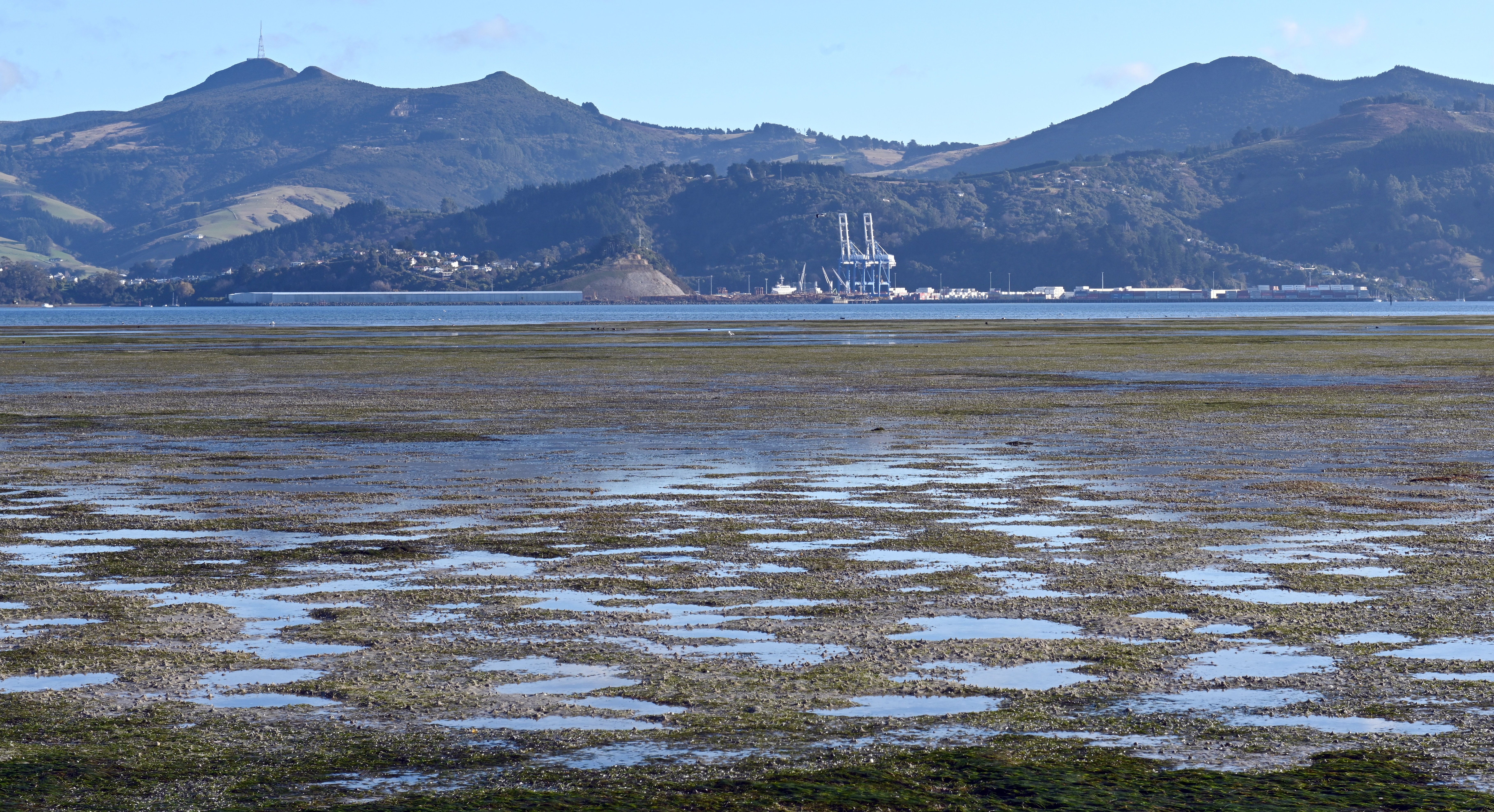
University of Otago climate and marine science specialist Linn Hoffmann said whether or not oceans fitted into the accounting method used to create New Zealand’s first emissions budgets it would be a mistake to ignore the country’s coasts.
In its 418-page advice package for a low-emissions future, the Climate Change Commission said oceans’ ability to store carbon, known as blue carbon, was an out-of-scope subject raised by several submitters during consultation.
Growing seagrasses, seaweed and mangroves could help store carbon, the advice said.
And bottom-trawling or disturbing marine habitat could release it.
But more work was needed to figure out how to account for the scale and permanence of ocean-related emissions, it said.
Dr Hoffmann, a senior lecturer at the university, said even if researchers could not yet assign values to ocean-related emissions it was a "no-brainer’’ that sediment runoff, dredging and overfishing had an impact on climate change.
Scientists knew healthy marine ecosystems could take up carbon in large amounts and their role should be part of New Zealand’s strategy to reduce emissions, she said.
It was well known that kelp forests, for example, were hugely efficient in photosynthesis and taking up carbon, Dr Hoffmann said.
But the research was not there yet to include kelp forests in the calculations of the country’s first emissions budgets.
"We are really at a point where we are running out of time. We can’t say we need 10 more years of research on this — we simply don’t have the time.’’
The Ministry for the Environment summed up the commission’s advice as the "roadmap’’ for the country to slash emissions and become carbon neutral by 2050.
Some of the final recommendations include decarbonising road transport by 2050, setting a farm emissions carbon-pricing scheme, phasing out coal as soon as possible and establishing a plan for new native forests, it said.
Another out-of-scope issue raised by the commission is the exclusion of international aviation and shipping.
The commission said it would review whether to include those emissions in 2024, but it had allowed for their inclusion in its advice.
The commission’s final advice sets out the total amount of emissions New Zealand must cut over the next 15 years.
It also provides three different pathways the Government could follow to keep within the proposed emission budgets.
The Government is due to publish an emissions reduction plan before the end of the year.
Comments
I agree, the role of the oceans should have been included in the report. Nature, biodiversity, climate change and the future of humanity are all closely entwined. The climate commission produced a report of nearly 500 pages that basically recommended to electrify everything and hope for a magic pill to stop cows from burping! And while they have recommended planting more native trees on land that is useless for anything else, they seem to have otherwise completely ignored nature and the role it must play if we are to eventually slow the cooling of the planet.
Sir David Attenborough said that humanity has entered a new geological age – the anthropocene – where humans dominate the Earth, but said it could be the moment we learn to become stewards of our planet.
“Doing so will require systemic shifts in how we produce food, create energy, manage our oceans and use materials. But above all it will require a change in perspective,”











